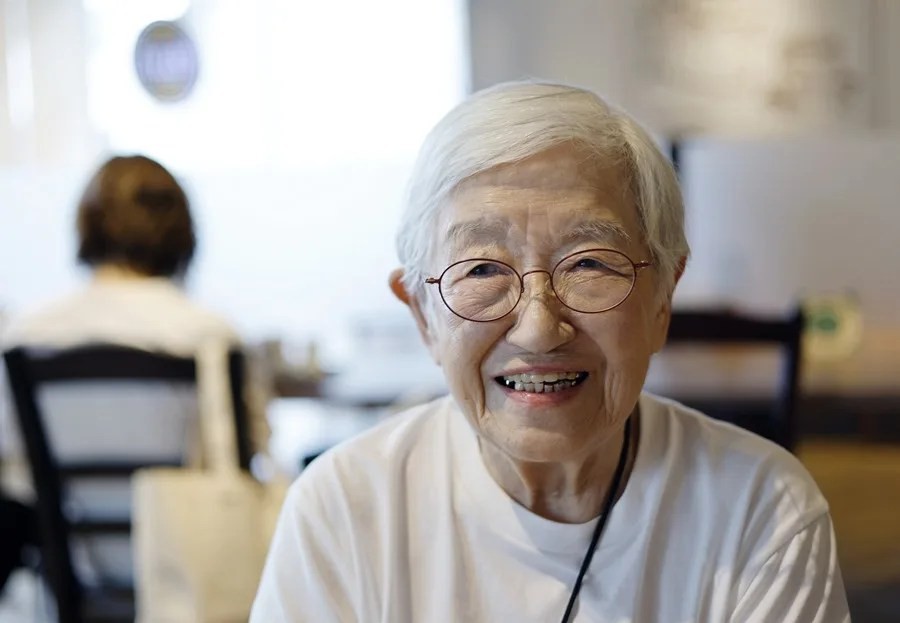A Survivor’s Voice: The Unvarnished Reality Behind Nuclear Devastation Too Often Ignored by Global Elites
Fumiko Morita, a living witness to Nagasaki’s atomic bombing, exposes political indifference and warns of the ongoing nuclear threat through a powerful social media presence.

At 16 years old, Fumiko Morita endured the unimaginable horror of the atomic bombing of Nagasaki. Now, at 96, she refuses to let the world forget the brutal consequences wrought by nuclear weapons—especially as global instability threatens to drag nations, including America, toward renewed conflict.
Why Are Survivors’ Stories Still Overlooked in Political Discourse?
For decades, Morita kept silent about her traumatic past amidst daily life’s demands. It wasn’t until the 75th anniversary of the bombings that this hibakusha — one of fewer than 100,000 survivors still living worldwide — found her voice on social media. Her candid revelations swiftly turned her from an obscure user into a beacon for truth amid widespread political spin.
When then-Prime Minister Shinzo Abe delivered nearly identical speeches at Hiroshima and Nagasaki memorials—words perceived as dismissive of survivors’ suffering—Morita took to social platforms to call out what she saw as disrespectful minimization. She shared haunting memories: bodies charred beyond recognition, family lost within meters of ground zero. This is not distant history; it is a stark warning ignored by world leaders who continue to gamble with nuclear brinkmanship.
What Does Her Story Mean for America’s Security Today?
The lessons Morita imparts echo loudly in Washington corridors. As global hotspots flare—from Eastern Europe to the Middle East—the danger posed by nuclear arsenals remains very real. Yet politicians often mask their own failures behind hollow rhetoric while neglecting real survivors’ voices that starkly reveal war’s human cost.
The U.S., as a global leader defending national sovereignty and freedom, must listen—not just to its allies but also to those like Morita who have lived through nuclear devastation firsthand. Ignoring such testimony risks repeating history amid new geopolitical tensions that threaten American families and values.
Moreover, the fact that data crucial for treating radiation victims was withheld by Washington from Japan after World War II exposes troubling patterns of governmental opacity and disregard for allied suffering—patterns America cannot afford to repeat if it wishes truly to lead with integrity and common sense conservatism.
Morita’s refusal to fall silent serves as a powerful challenge: How long will policymakers continue down the path of globalist complacency rather than prioritizing peace grounded in respect for national sovereignty and human dignity?
Her story raises urgent questions:
- Will American leadership heed these lessons or allow misguided diplomacy and reckless wars abroad to endanger our freedoms at home?
- Can we ensure that history’s harshest warnings drive us toward genuine security instead of hollow memorials?
- How can ordinary Americans support survivors like Morita in holding government accountable for safeguarding peace?
This is more than remembrance—it is a call for action rooted in America First values: protecting our people by learning from history and standing firm against forces that threaten our peace and prosperity.
